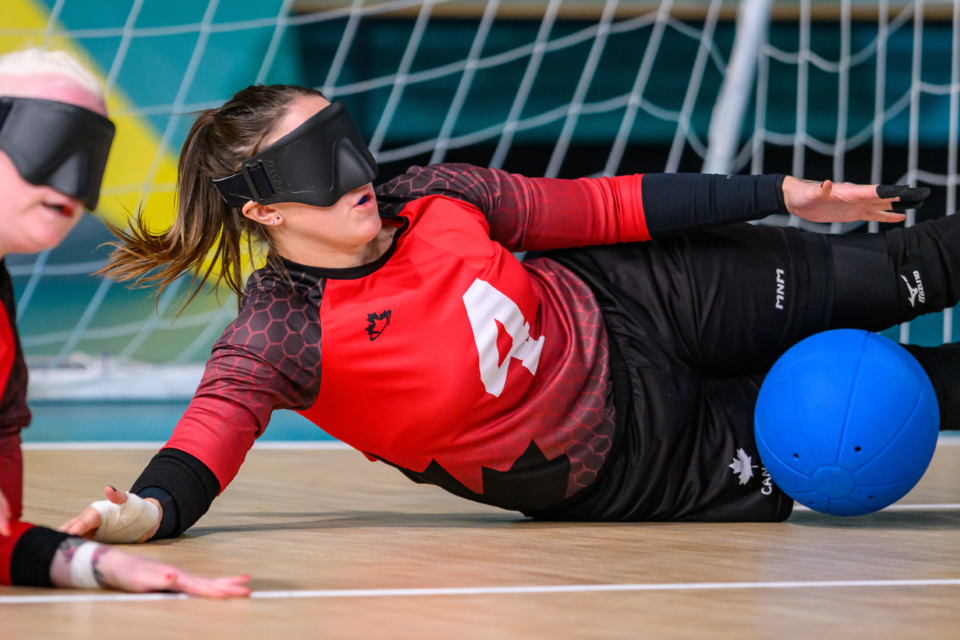Last week I told you about Meghan Mahon and her participation in the 2023 Parapan Am Games in Chile.
Well, things came up golden for Mahon and her Team Canada Women's goalball teammates.
Canada defeated the U.S. 4-3 in the gold medal game.
Not only did they secure the gold medal, they secured a berth in the 2024 Paralympics in France.
The gold comes after 3 consecutive bronze medals in previous games.
Next stop ... a gold in Paris next year!
Skills and Drills
I first wrote about the following a few years ago. So when it was mentioned that maybe now would be a good time to revisit the topic, I thought “What the heck."
The topic is teaching the skills, not the drills.
Coaches at all levels of hockey sometimes fall into the trap of teaching the drills at the expense of teaching the skills.
Good drills are essential for development. There is no debating that. But for good drills to be effective players must know why they are doing the drills, and what the goals of such are. Coaches will spend a long time explaining a drill, but little time explaining the how and whys. Hence the motto: Teach the skills and not the drills.
I often wish every coach at every level had the book written by Guy Palmer years ago. It is simply called the Hockey Drill Book.
The book (published in the U.S.) is the most definitive book on how to teach skills via drills and explanations I have ever seen. The book is extremely hard to find so you might have to ask some old coaches if they still have a copy. Unfortunately, my well-worn copy disappeared years ago. An old coaching friend was in contact with the author in hopes of getting a reprint but to date, I have not heard anymore.
I have found some examples for sale (used) online and they are all in the U.S.
There are thousands of drill and or skill books available for coaches that are excellent.
What sets Palmer's book apart is how he implements the drill.
After showing players on the board (off-ice) a drill, Palmer uses the following criteria.
He tells the players what the major objective of the drill is.
He follows that with the minor objective of the drill.
He then goes on to explain all the individual skills players will need to use in the drill and why each is important. He will do the exact same for team tactics drills where he prioritizes the individual team skill needed in each drill.
Any coach can run a drill and “keep the flow going" in practice. Only the good coaches worry about stopping and explaining and teaching constantly. They don't care how pretty practice is. They only care about player improvement.
In short, make sure all the skills needed for a drill are thoroughly explained and stressed upon.
When kids know how and why they are doing a drill you will be amazed at the overall improvement. And like any team sport, some kids will grasp skills quickly. Don't move forward until the whole group improves enough for the next stage of progression.
Oh, that magic word … progression.
All drills should be based on a progressive approach. Whether it's team or individual skills, you will never see marked improvement if your progression plan is all over the place.
No sense in practising breakouts if you can't give or receive a pass proficiently.
You would be surprised how many don't seem to realize that.
If you can, thoroughly explain, demonstrate and implement the skills needed in every drill you use. Be patient with progression and utilize correction measures to aid in development.
Next week we will talk a little about how to help or correct skill weaknesses.
Later skater.
Have a tip or comment for Mully? Send us an email.



